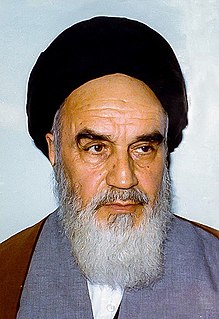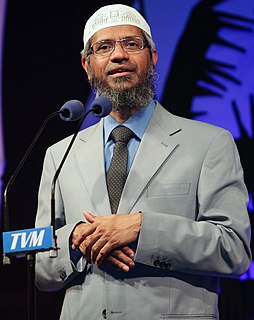A Quote by Benjamin Carson
Military action is never the first thing that you jump to. You always look at other possibilities, including economic sanctions, tightening the screws.
Related Quotes
So, I think that for the authorities to say now that calling for sanctions will prevent dialogue is a ploy to stop us from supporting sanctions. It has to be the other way around: dialogue first, then we stop our call for sanctions, because sanctions make people understand that you cannot exercise repression and at the same time expect international support.
I support a very active programme on disarmament and arms control for Iraq, and of course every other country in the world... That does not require economic sanctions...I think we've got to take the risk and give up economic sanctions while hanging on to the disarmament programme and allow the Iraqis to get on with rebuilding their country.
We need a dialogue with the Iranians, and it is going to take both carrots and sticks. We employed very tough economic sanctions, and they are having an effect. But we also have to give the Iranians an idea of what the economic and cooperative possibilities would be if they did give up their quest for a nuclear weapon.
The question was never whether the United States, E.U., NATO, Arab League, U.N. Security Council, and African Union could together using economic sanctions, diplomatic pressure, and military attacks to bring Qaddafi down. The question was always how much time, how much blood, and what damage to NATO.
Suffice it to say that Wall Street investors in the drug industries have used the government to unleash and transform their economic power into political and global military might; never forget, America is not an opium or cocaine producing nation, and narcotic drugs are a strategic resource, upon which all of the above industries - including the military - depend. Controlling the world's drug supply, both legal and illegal, is a matter of national security.
Action had to be taken in response to the terrorist attacks on September 11, but I am very concerned about the current administration's rhetoric and apparent zeal to expand military action to other places. I'm afraid that terrorism is being used as an excuse, not only for possible military action in such places as Iraq, Iran, and the Philippines, but also for exorbitant increases in defense spending that have nothing to do with terrorism.




































